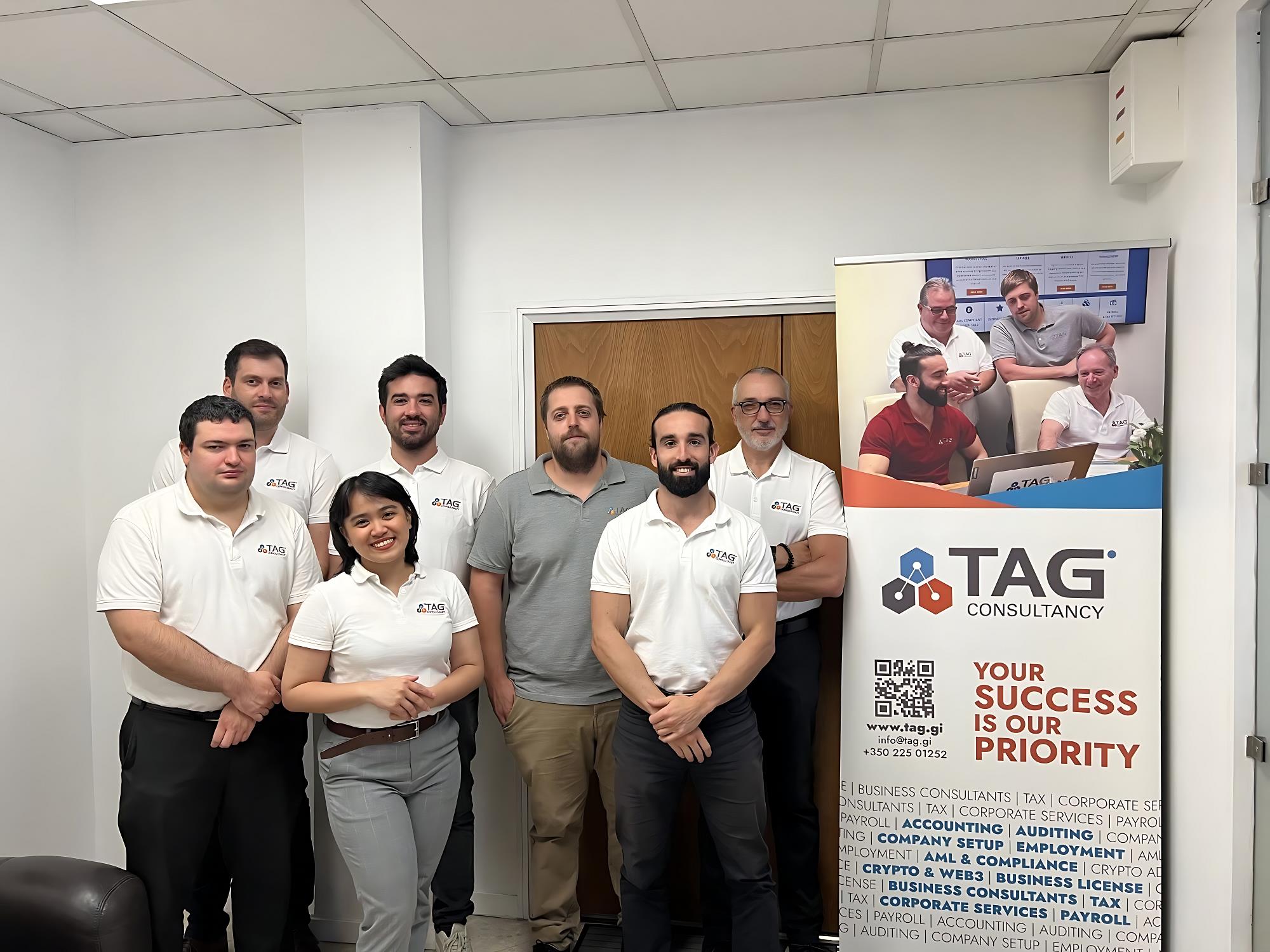
Why Choose TAG Consultancy?
At TAG, we have years of experience managing HR and payroll services for companies across various industries. We stand out by offering:
- Accuracy and Timeliness: We ensure all payroll processes are executed accurately and on time.
- Guaranteed Compliance: We help you maintain compliance with all labor and tax laws in the UAE and other international jurisdictions.
- Cost Reduction and Administrative Burden Relief: Outsourcing these services allows you to reduce operational costs and free up internal resources.
- Comprehensive HR Support: We provide support across all HR functions, helping you manage your workforce efficiently and in line with your business goals.
Let TAG Consultancy manage your HR and payroll processes with integrated solutions tailored to your business needs. Contact us today to learn how we can optimize your HR and payroll administration.
What are HR & Payroll Services?
HR (Human Resources) and Payroll services encompass a wide range of tasks related to managing personnel and payroll administration, from hiring and compensation to benefits management and compliance. Payroll processes ensure that employees are paid accurately and on time, while HR functions help optimize labor relations, from recruitment to performance management.
At TAG Consultancy, we transform these administrative processes into a strategic advantage for your business. We offer tailored solutions that go beyond basic payroll management, integrating technology and industry best practices to enhance effectiveness and alignment with your business objectives.
Why are HR & Payroll Services Important in the UAE?
Efficient management of HR and payroll is crucial in a regulated environment like the UAE, where labor and tax laws are strict and ever-changing. Compliance with local regulations on payments, benefits, working hours, and employment contracts is essential to avoid penalties and ensure employee well-being.
Moreover, optimizing human resources and payroll management helps reduce operational costs, improve employee morale, and ensure that compensation and benefits policies are aligned with the company’s strategic objectives.

